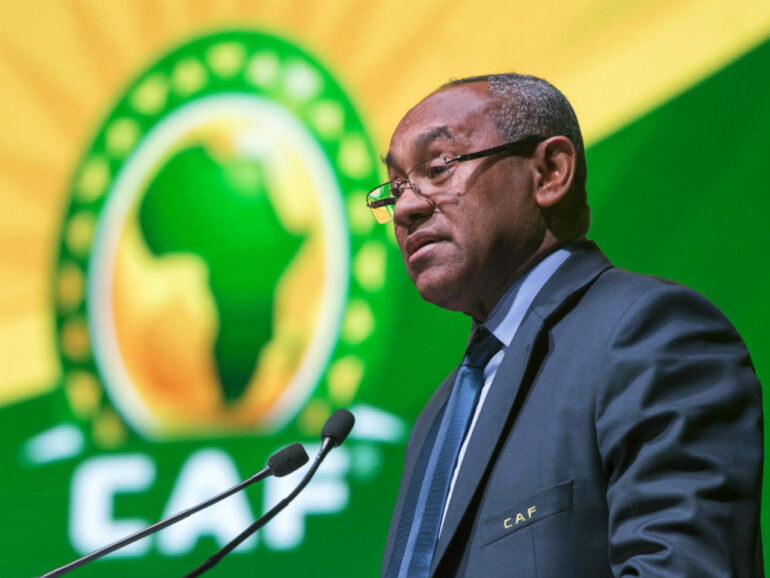Why did CAF pay 6.7 million US dollars to French media group Lagardère to 'buy' a debt it knew it would probably never recover? And why did Ahmad Ahmad sanction this purchase?
By Philippe Auclair
Despite being banned by Fifa for five years on 23 November for multiple violations of its Code of Ethics, CAF President Ahmad Ahmad has yet to formally withdraw from the race to his own succession, to be decided at the election which will take place in Rabat on 12 March 2021. Some of his supporters still cling to the hope that the Court of Arbitration For Sport (CAS) could overturn Fifa's verdict, and that Ahmad could then seek another 4-year mandate. But Josimar has learnt that another Fifa ethics investigation could sink this hope for good. All hang on two questions, which lead to a third.
Why did CAF pay 6.7 million US dollars to French media group Lagardère to 'buy' a debt it knew it would probably never recover? Why did Ahmad sanction this purchase?
Or could it be a power move for Fifa in order to keep CAF under control until its presidential elections take place in March 2021?
With less than three months to go to the election, the Ahmad camp is divided as to what to do next. Whilst some of his advisors would like to see him challenge Fifa's punishment at the Court of Arbitration For Sport (CAS), which is his last resort (*), others feel that the CAF president himself lacks the motivation to go down that route, and seems resigned to return to his native Madagascar, where he has numerous business interests and, perhaps, a political future. In his home country, the ban from all football-related activities Fifa ...



